We are in a technological age where every business and industry uses available tools to ensure the smooth operation of their processes. These tools help automate processes to improve efficiency. As a result, they are being incorporated into medical billing audits, with more technology anticipated in the future. All these are meant to overcome the current challenges of billing audits.
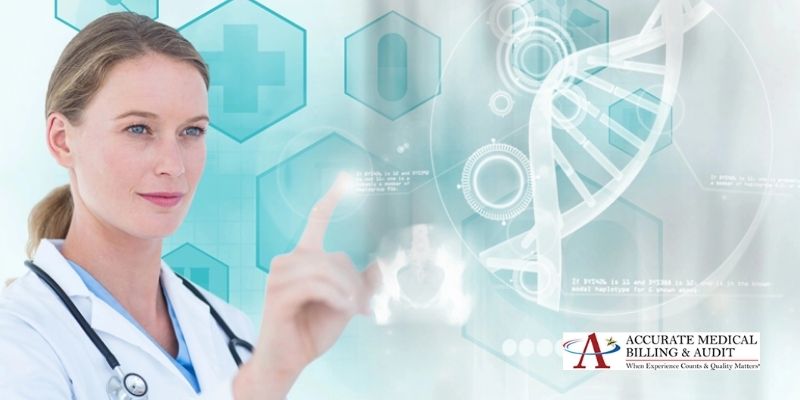
What Are Medical Billing Audits?
Medical billing audits are systematic evaluations conducted to assess the accuracy, completeness, and compliance of medical billing and coding practices within healthcare settings. These audits determine billing records, coding procedures, and claim submissions to ensure they meet relevant regulations, guidelines, and payer requirements.
Medical billing audits aim to identify errors, discrepancies, or issues that could lead to improper reimbursement or legal complications. These audits aim to enhance the accuracy of claims, optimize revenue cycle management, and maintain compliance with industry standards.
Current Challenges in Medical Billing Audits
Medical billing faces many difficulties in the current healthcare environment despite its significance. These difficulties include:
- Increasing administrative burden
- Frequent changes in regulation
- Complex coding systems
With technology, these challenges can be overcome.
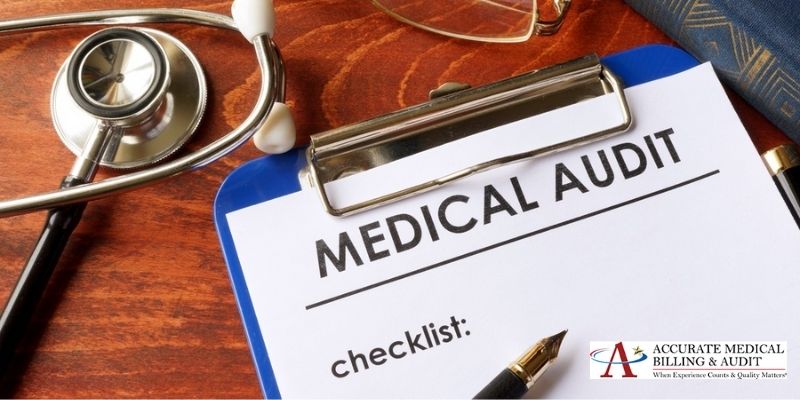
The Future of Medical Billing Audits: Embracing Technology and Efficiency
Through technology, there is a possibility of increased efficiency in medical billing audits. The following are ways in which technologies can be of benefit:
1. Telemedicine
The emergence and acceptance of telemedicine have brought about a significant transformation in the delivery of healthcare services while also significantly impacting the complex world of medical billing practices. This change in healthcare delivery, made possible by digital communication and remote technologies, has impacted every aspect of patient care.
Additionally, its effects extend to medical billing, necessitating modifications and adaptations to traditional billing practices. Due to remote consultations, digital documentation, and virtual care interactions, the integration of telemedicine adds new factors to the billing equation. These factors require creative solutions to ensure accurate, effective, and fair medical billing processes.
2. Blockchain technology
Blockchain technology, which has gained popularity primarily because of its connection to cryptocurrencies, can change how medical billing audits are conducted. Beyond its typical uses, blockchain’s characteristics present a promising way to reform the procedures involved in auditing medical billing records.
Furthermore, blockchain technology can improve medical billing audits’ reliability, efficiency, and security by enabling secure, open, and tamper-resistant record-keeping. Due to its decentralized nature, records are stored immutably and can only be accessed by authorized people, simplifying the audit trail.
3. Automation and artificial intelligence
Through the integration of automation and artificial intelligence (AI) technologies, the potential to address current challenges in medical billing audits has significantly increased. The ability to successfully address various current problems in the field of medical billing audits becomes more conceivable by seamlessly integrating these developments.
By streamlining operations, minimizing errors, optimizing resource allocation, and ultimately improving efficiency and accuracy, the use of automated processes with AI-driven capabilities has the potential to transform the landscape completely. This intersection signals the beginning of a revolutionary period in medical billing.
4. Electronic health records integration
The seamless integration of electronic health records (EHR) and medical billing systems is crucial. It improves communication efficiency between healthcare providers and payers and optimizes healthcare workflows. This beneficial integration also acts as a base for coordinating various healthcare procedures.
The convergence of EHR and billing systems enables medical professionals to provide more coordinated, accurate, patient-centered care by seamlessly integrating patient medical data with billing functionalities. Additionally, this partnership promotes accuracy in billing, accelerates reimbursement processes, and strengthens the entire healthcare industry.
5. Patient-centric billing systems
When predicting the future of medical billing audits, a strong emphasis is placed on a shift in favor of a patient-centric model that emphasizes fundamental ideas like openness, customized payment plans, and active patient participation. This innovative approach emphasizes open and transparent communication between healthcare providers, patients, and payers.
In this context, transparency fosters mutual trust and cooperation while simplifying the billing process. By taking into account patients’ various financial situations, the integration of personalized payment plans makes way for more manageable and considerate billing structures.
6. Compliance
To protect the billing process’s integrity, accuracy, and legitimacy, healthcare professionals and billing practitioners must adhere to compliance regulations. By doing so, they ensure that auditing practices comply with established legal and ethical frameworks and that the integrity, accuracy, and legitimacy of the billing process are protected.
Healthcare organizations and billing professionals can guarantee adherence to current laws and regulations. This is in addition to being committed to upholding the highest standards of accountability and transparency by strictly following compliance regulations.
7. Education of billing professionals
It is essential for those in charge of billing to continually educate themselves because of the nature of medical billing audits. It is difficult and constantly changes how medical payments are made. Therefore, the people in charge of billing must continuously learn new information to improve efficiency.
These experts can keep tabs on the industry’s most recent laws, standards, and technological advancements by pursuing ongoing education. As a result, they can perform their duties more effectively by avoiding errors, ensuring that money is appropriately received, and adhering to all relevant regulations.
Conclusion
Changes to medical billing audits should have a significant impact. Several factors will influence future developments, such as telemedicine, blockchain technology, automation, artificial intelligence, the fusion of electronic health records (EHR), patient-centeredness, adherence to rules, and ongoing learning for billing professionals. These factors will be important in changing how medical billing audits operate.


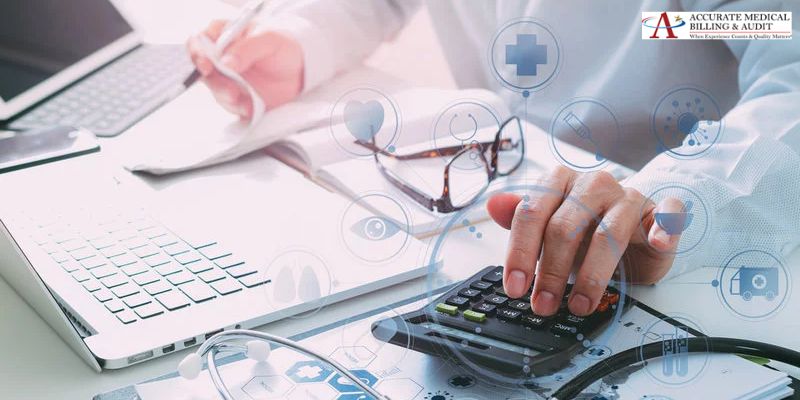
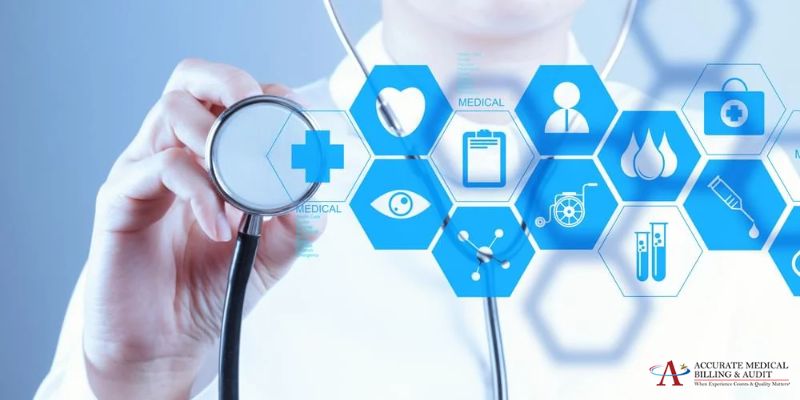

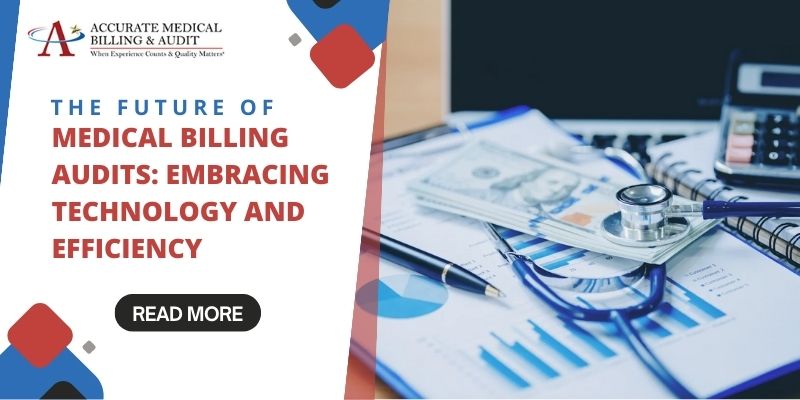
I’ve been surfing on-line more than 3 hours these days, yet I never discovered any interesting article like yours. It…